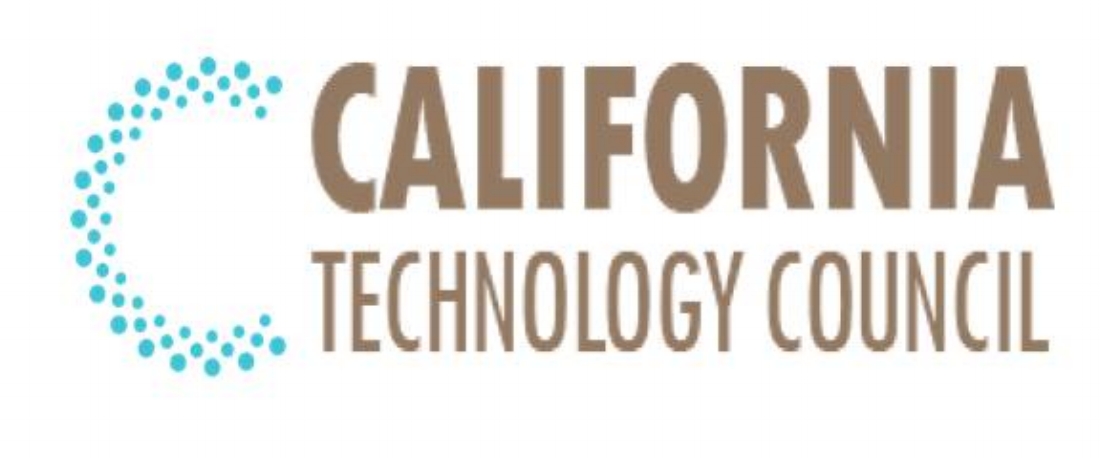by Matt Gardner, CEO, California Technology Council
Identifying the top issues for the technology industry in government in the year ahead can depend on which voice is speaking through the mic. Ask three experts what might be the top policy issue in 2015, and one is likely to hear three unique responses.
Among many topics likely to turn up early in 2015, the medical device tax included in the Affordable Care Act has become widely unpopular. “Join me in working actively for a full repeal of the medical device tax,” says Senator Al Franken (D-MN), in a letter to Senator Ron Wyden (D-OR).
A quick run might get on the board as a result of bipartisan consensus on the device tax. Other issues have similar bipartisan support. Enough attention was paid to a focused patent reform effort in the last Congress that the 114th seems likely to surface the issue. Michael Petricone of the Consumer Electronics Association says, “Patent trolls cost Americans approximately 80 billion dollars per year.”
Elsewhere in the intellectual property field, copyright reforms have momentum in certain circles. These reforms have implications for everything from entertainment to cable television carriers.
Many aspects of tax policy have been held off on the basis of a hope for comprehensive tax reform. With divided branches of government, it seems unrealistic to expect agreement on sweeping tax reforms between a Republican Congress and a Democrat President.
At least one aspect of corporate taxation that polarizes the discussion is the repatriation of billions in corporate profits from offshore. “Repatriation is a win for everyone,” offers John Chambers, CEO of Cisco Systems, in an interview with Jim Cramer on CNBC.
Cybersecurity policy at the Federal level must continue to be refined and implemented. Venture capitalist Steve Herrod put together an excellent post in Tech Crunch a few days ago to highlight many of the issues. The Sony breach highlights what many in the industry have feared most. Breaches of credit card or banking information might only be the tip of a terrible iceberg. Health information, industrial espionage, utility control and other forms of potential terrorism are hinted at in the continuing Sony wake.
Ironically, most of these issues were clearly identified ten years ago. ITAA was talking about these issues in its 2006 policy agenda. CIO Magazine was talking about the tech workforce, patent reform data breach and net neutrality in a December 2005 piece.
Sound familiar?
None of these issues will likely draw the attention early in the year that will be grabbed by net neutrality and comprehensive immigration reform.
Net neutrality is an issue that will rise to the surface early in the year. As the Wall Street Journal indicates in it’s Sunday item this week, the sides to the debate are taking shape and they are far from aligned.
Cooler heads don’t seem to be prevailing in Washington lately. Net neutrality could be a frightening issue. Infrastructure has a cost and customers have to consider distribution choices in the marketplace. The power to differentiate and stop particular traffic is alarming, and a very short step from censorship. We might all have to pay a little more for bandwidth to go up, but that’s a much easier choice – and a better one for a free society – than opening the pandora’s box of editorial subjectivity.
A basket of immigration issues critical to innovation have been held up in the continuing cry for comprehensive immigration reform. Will anything resembling comprehensive reform get through a divided government in 2015? The political will could be there to compromise. Tech needs the H1-Bs and a competitive United States compels common-sense actions like the PhD that comes with a green card.
Kansas Senator Jerry Moran took on a number of the immigration issues important to tech in the last Congress. The Startup Act 3.0 picked up a dozen of these priorities. Technology advocates can remain optimistic that our views of the priorities in a comprehensive immigration discussion will be considered.
Will we get any dramatically new ideas? Congressman Chris Van Hollen’s H.R. 1415 was one potential leap in the 113th Congress. The Innovative Technologies Investment Incentive Act is designed to establish a new Federal angel investment credit. “It’s designed for the entrepreneurial businesses,” Congressman Van Hollen told me. “By providing this additional spur to private investment, we think we can help them get up and running more quickly.”
In the State of California, we are likely to see more action on privacy and data security, technology workforce investing and public sector procurement streamlining when it comes to technology acquisition.
Governor Brown’s State of the State Address on Monday included exciting themes of investing in research and development.
Whether in Sacramento or Washington, there will be issues in 2015 that gain and lose momentum, and there will be events that prompt policy actions that were unforeseen. The California Technology Council, like technology councils across the United States, relies on the views of its members to set its priorities.
Related Items:
CTC Fellow Glyn Davis Explores Tech Policy Issues
CTC Fellow Phil Bond Previews 2015 Tech Policy Issues

